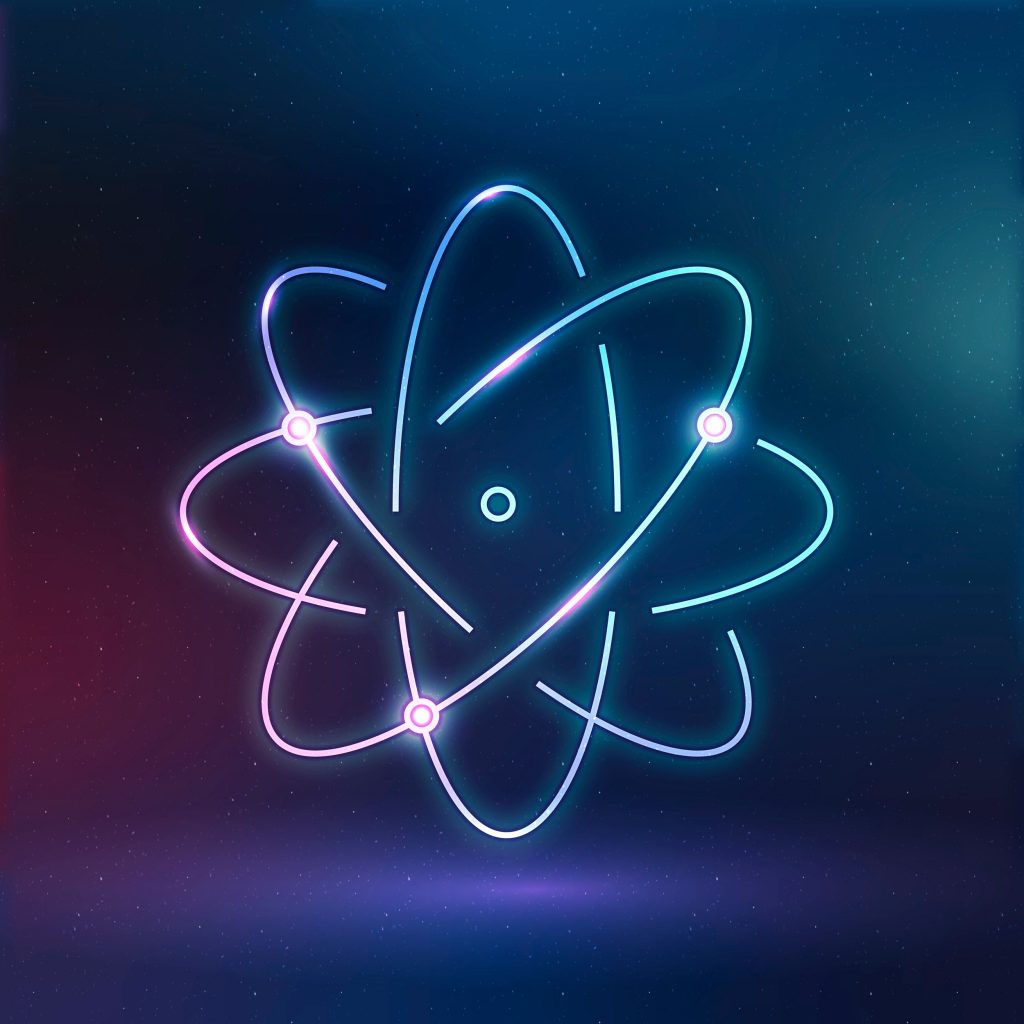Early Life & Curiosity for Computers
Jordan Walke was born on October 5, 1984, in the lively city of Houston, Texas. From a young age, he showed an unusual fascination with problem-solving and creativity. While other kids were playing outside, Walke often found himself in front of a computer, tinkering with code and trying to figure out how things worked. His family encouraged his curiosity, and this supportive environment gave him the freedom to dive deep into the world of technology.
For Walke, computers were never just machines. They were puzzles — systems waiting to be explored, broken apart, and rebuilt. This early obsession laid the foundation for a career that would eventually change how millions of developers build the web.
Education at MIT
Walke’s intellectual journey took him to the Massachusetts Institute of Technology (MIT), one of the most prestigious schools in the world. At MIT, he studied Computer Science, sharpening not only his coding abilities but also his ability to think critically about complex problems.
MIT became the place where his raw curiosity was transformed into technical expertise. Surrounded by brilliant minds and exposed to cutting-edge research, Walke started to see how software could be used not just to solve small problems, but to create entirely new ways of thinking about technology.
Early Career: Searching for Innovation
After graduating, Walke entered the professional world with a hunger to innovate. Like many young engineers, he worked on a variety of projects that helped him understand the real-world challenges of building and scaling software. These experiences weren’t always glamorous, but they were crucial.
During this period, Walke saw firsthand how frustrating it could be to build complex user interfaces. Existing tools made development messy, error-prone, and inefficient. Instead of seeing these frustrations as dead ends, Walke treated them as opportunities — problems waiting for a new solution.
The Birth of React
That solution came in 2011, when Walke was working at Facebook. Tasked with solving performance and scalability issues in the company’s growing web applications, he began experimenting with new ideas. The result was React, a JavaScript library that completely reimagined how developers build interfaces.
React introduced the idea of a component-based architecture, where UIs could be broken into small, reusable pieces, and a virtual DOM, which made updates faster and smoother. These concepts might sound technical, but their impact was massive: React made building complex apps simpler, more predictable, and far more efficient.
What started as an internal experiment at Facebook quickly spread across the industry. Within a few years, React wasn’t just a tool — it was a movement. Today, it powers everything from small startup websites to massive platforms built by companies like Netflix, Airbnb, and Instagram.
Beyond Code: The Human Side of Walke
Despite his technical achievements, Jordan Walke is often described as humble and approachable. He is a family man who values balance, often speaking about the importance of not letting work completely take over life. When he isn’t coding, he enjoys the simple things — spending time outdoors, reading, and exploring different cuisines.
This grounded personality makes him relatable to developers around the world. He’s not just a tech genius but also someone who understands the need to step away from the screen and live fully.
Career Growth & Industry Influence
React’s success propelled Walke into the spotlight, but he never stopped learning or pushing forward. At Facebook, he took on larger responsibilities, influencing the company’s broader technical direction. His ideas and leadership earned him respect not only as an engineer but also as a thought leader in software development.
Conferences and tech communities soon sought his insights, and his opinions on software architecture, scalability, and developer experience became highly influential.
Resilience in the Face of Challenges
Of course, Walke’s journey wasn’t without obstacles. The tech industry moves quickly, and new tools emerge all the time. Not every project works out as planned, and even successful ones like React faced skepticism in their early days.
Walke has spoken about these challenges, emphasizing that failure is part of growth. For him, every setback was simply a stepping stone — a chance to rethink, improve, and move forward. This mindset of resilience has become part of React’s culture and has inspired countless developers to embrace experimentation without fear.
Legacy & Impact
Today, React is more than just a library; it’s a cornerstone of modern web development. Whether people realize it or not, many of the apps and websites they use daily are powered by the framework Walke created.
But Walke’s true legacy isn’t just in the code itself — it’s in the philosophy of simplicity and efficiency he brought to development. His work has shaped how developers think, how teams collaborate, and how digital experiences are built for billions of users around the globe.
Reflections & Philosophy
When reflecting on his journey, Walke often stresses the importance of continuous learning. Technology is always evolving, and the only way to keep up is to stay curious and open to new ideas. For him, being a developer isn’t about mastering one tool — it’s about adopting a mindset of exploration and growth.
This philosophy has made him not just a brilliant engineer, but also a role model for the next generation of developers.
Conclusion
Jordan Walke’s story — from a curious kid in Houston to the creator of React — is a powerful reminder of how a single person’s vision can change an entire industry. His invention has redefined web development, but perhaps even more inspiring is the humility and resilience with which he approaches life.
In a world where technology is constantly shifting, Walke’s journey teaches us that innovation doesn’t come from perfection, but from curiosity, persistence, and the courage to rethink the way things are done.



